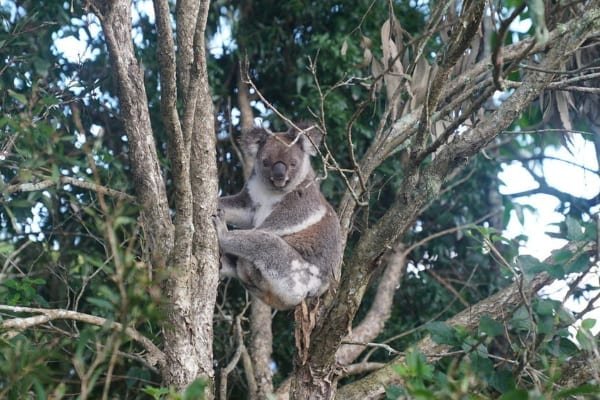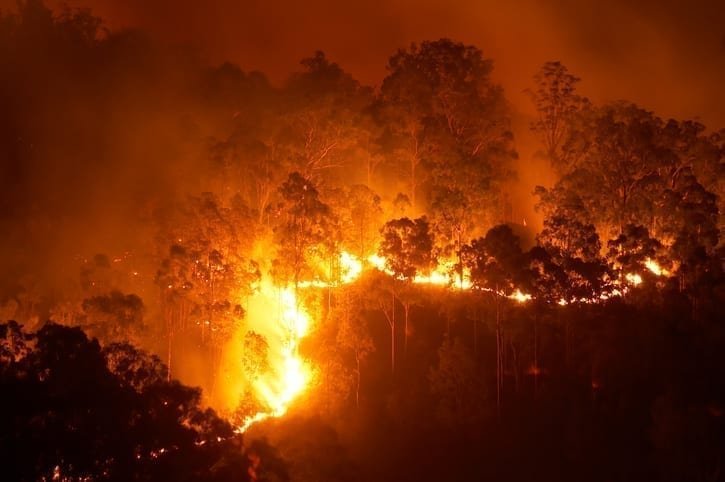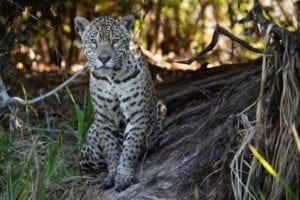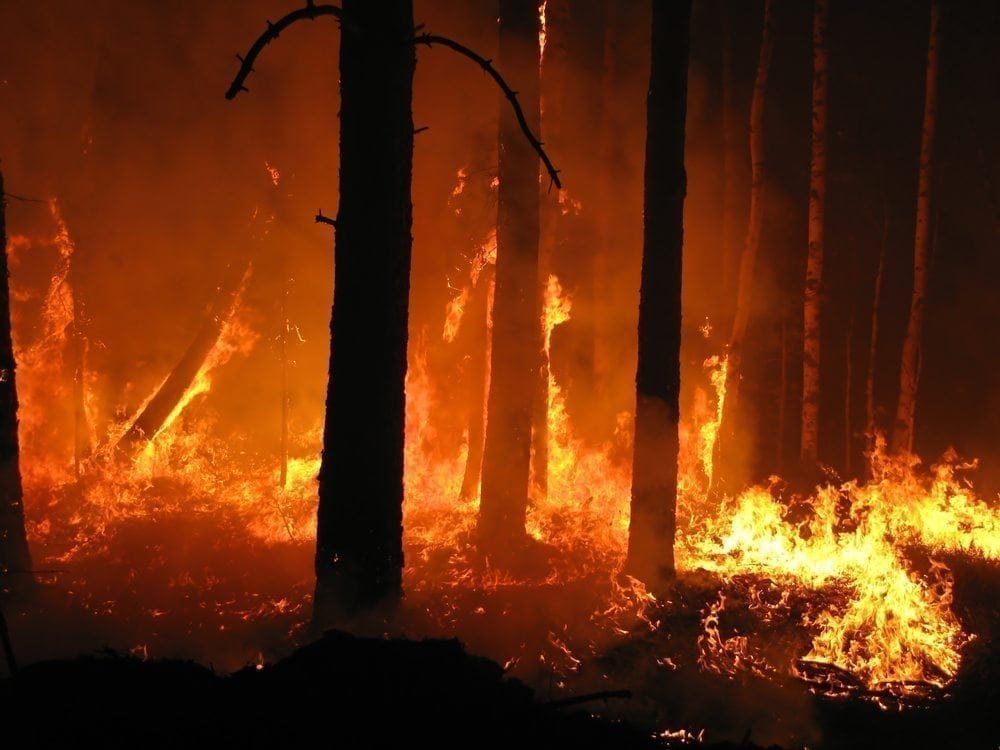Main image credit: © WWF-Australia / Douglas Thron
Nearly three billion animals – mammals, reptiles, birds and frogs – were killed or displaced by Australia’s devastating 2019-20 bushfires.
This is almost three times the estimate released in January.
‘Staggering’ scale
The new figures are revealed in an interim report commissioned by WWF: Australia’s 2019-2020 Bushfires: The Wildlife Toll.
The three billion figure includes 143 million mammals, 2.46 billion reptiles, 180 million birds, and 51 million frogs.
‘The scale of the devastation is staggering – that three billion animals have been displaced or killed by the bushfires is a disaster for Australia’s wildlife. We must do all we can to restore what has been lost, and the generosity of the public here in the UK has enabled essential recovery efforts.
‘Sadly, this is not a one-off event – this summer’s fire season will see conditions intensified by the impacts of climate change, yet again threatening people and wildlife in Australia. We need urgent global action to tackle the climate and nature crisis – failure to act will make extreme weather standard, with deadly consequences for people and animals not just in Australia, but worldwide.’
PAUL DE ORNELLAS
Chief wildlife adviser at WWF UK
£3.2m raised in UK
In January the WWF UK bushfires appeal raised over £3.2 million as thousands of supporters signed up to become koala protectors and gave generous donations to help fund the recovery effort.
Funds raised helped provide emergency care for injured wildlife, restore homes for koalas and other wildlife, plant the first 10,000 trees urgently needed in koala habitats and support the response, recovery and restoration teams in Australia.
In the coming months and years, the funds will be used to assess the scale of the loss, restore habitats and support rural community fire management.
Change is necessary
10 scientists from the University of Sydney, the University of New South Wales, the University of Newcastle, Charles Sturt University and BirdLife Australia contributed the majority of the work on which the new report is based.
The project is being led by Dr Lily Van Eeden and overseen by Professor Chris Dickman, both from the University of Sydney.
Professor Chris Dickman, at the University of Sydney, said the research showed people that mega fires were changing the environment and depleting native biodiversity and change was necessary.
 Play Video about This Rock Might Just Save The World
Play Video about This Rock Might Just Save The World Play Video about Play 2 hours of rock
Play Video about Play 2 hours of rock Play Video about Play 2 hours of brook
Play Video about Play 2 hours of brook Play Video about Play 2 hours of sheep
Play Video about Play 2 hours of sheep















































